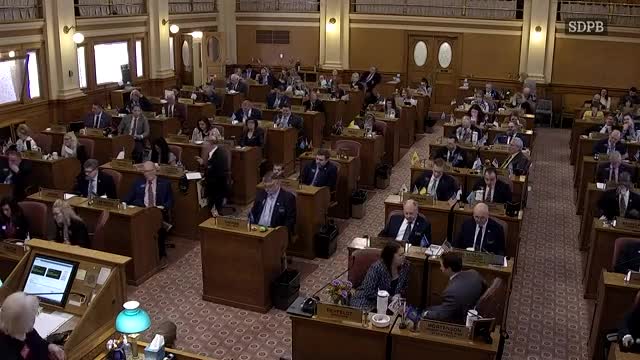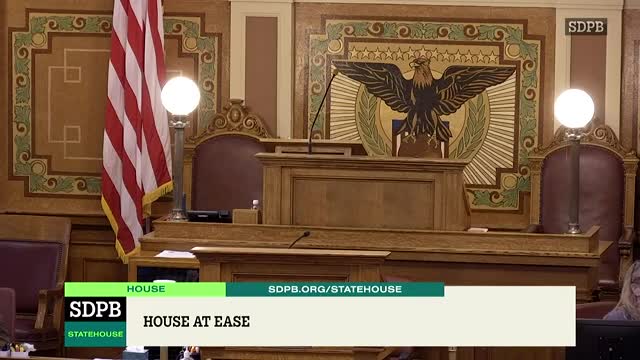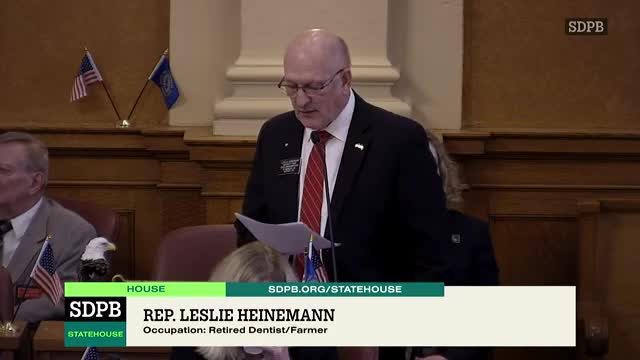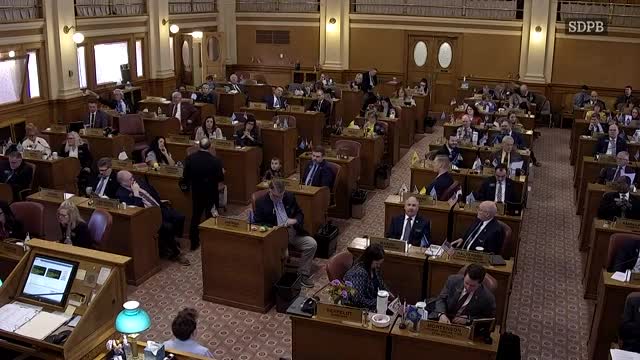Article not found
This article is no longer available. But don't worry—we've gathered other articles that discuss the same topic.

Lawmakers debate multiple property-tax measures as mileage, sales-tax and freezes collide

House declines $30 million airport terminal funding after debate over state role and priorities

House rejects rebuttable-presumption joint custody bill after close debate

House passes bill requiring labeling of AI-generated deep fakes in pre-election period

